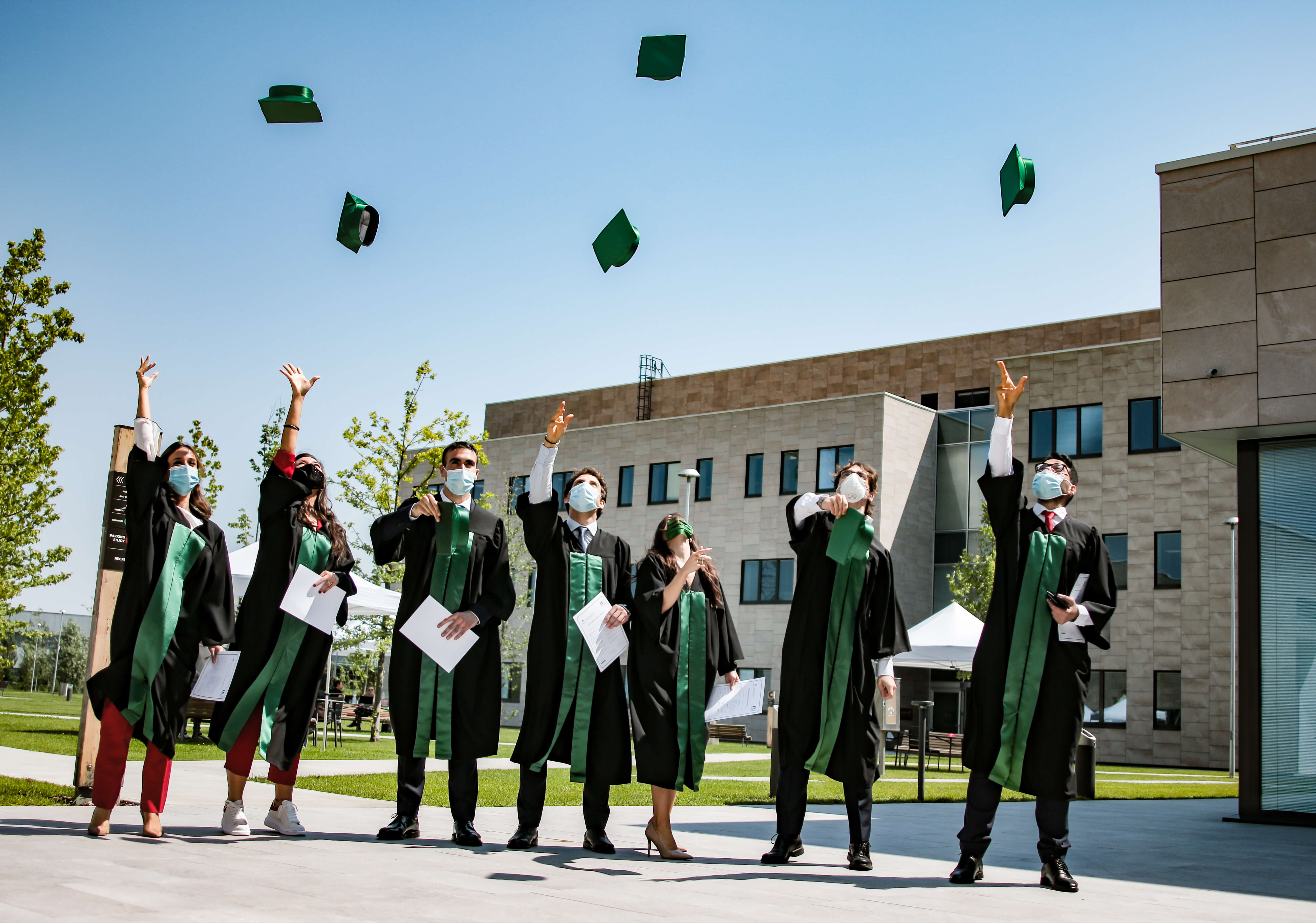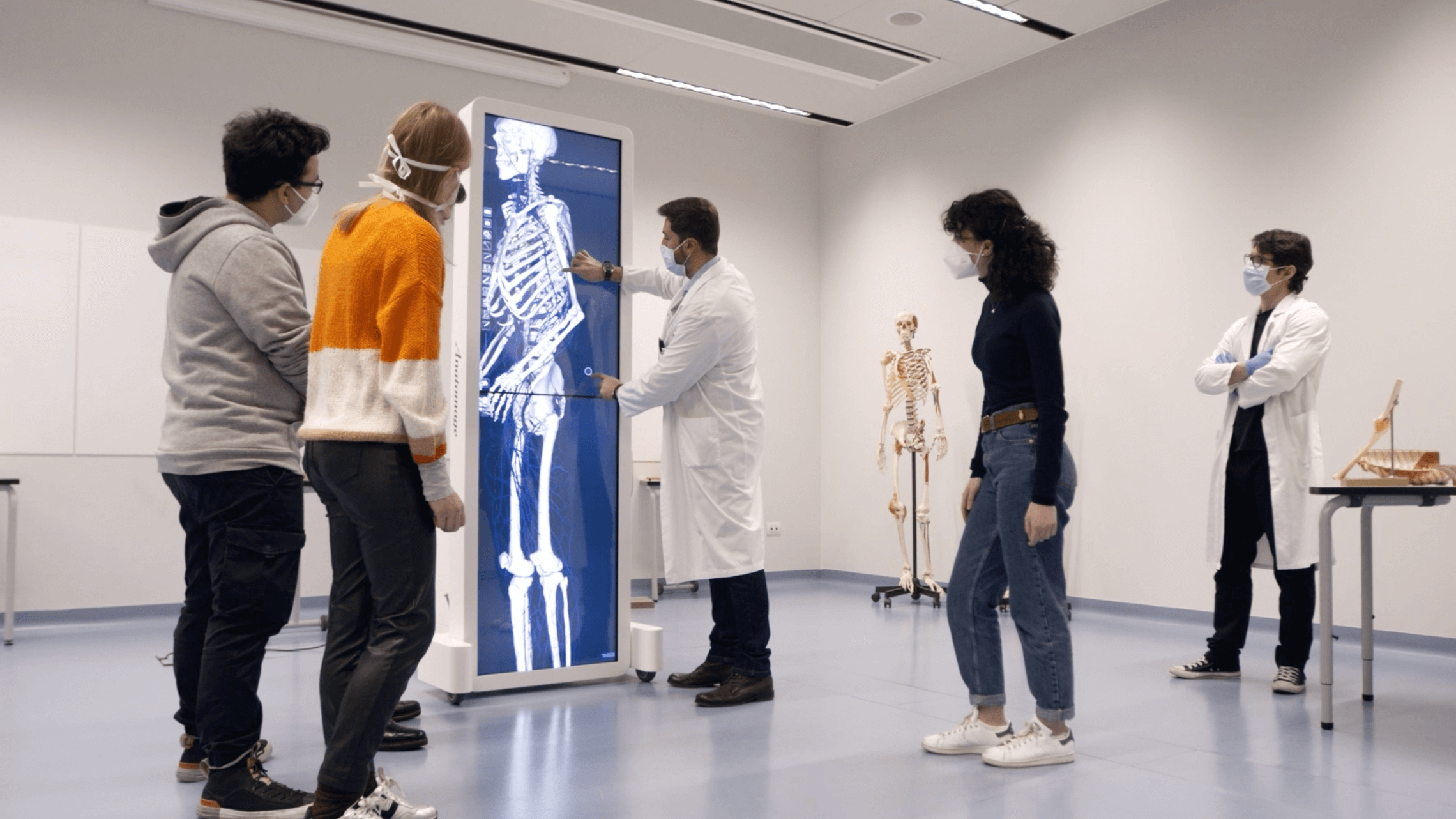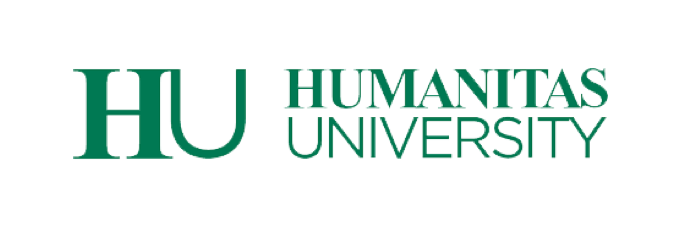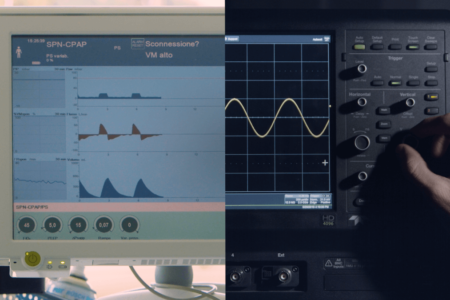Are you an aspiring doctor? Getting into medical school is the first hurdle you’ll go through in your bid to become a medical professional. Typically, there are admission tests to sit for, essays to write, glowing letters of recommendation to obtain, and medical school interviewers to impress, to name a few.
Medical schools attract some of the brightest minds; only a limited number of places are available each year, which means aspiring medical students can expect to face stiff competition for entry. Humanitas University, however, is a top-level medical school where the admission process is simpler than those in other universities. It welcomes and encourages applications from talented students from various countries for a world-class education. To boot, the university will be offering two intakes for aspiring doctors this year. You can find more information for the second call for the online, home-based admissions test — which will be held in July — on the Humanitas website.
This international medical school is based in Milan — a leading financial centre in northern Italy — and is built alongside the renowned Humanitas Research Hospital. Their courses are inspired by the concept of active learning, balancing theory and practice to ensure students develop critical and autonomous thinking skills alongside specific professional competences.
A medical school that’s a cut above the rest
At the forefront of its appeal are its top-notch medical programmes that prepare students to thrive in the clinical and research areas in Italy or abroad. This includes the university’s six-year degree in MD in Medicine and Surgery, taught entirely in English.
Students acquire theoretical and practical competences from the first year, thanks to the multidisciplinary modules combined with practical training and simulation activities. These are conducted under the guidance of professors and researchers with international experience — including three Noble Prize Winners — and 150 doctors, who also work as tutors and members of the teaching community. An International Advisory Board supports Humanitas University in its educational and training goals.
From their third year, students start their clinical training at the various Humanitas Hospitals under the supervision of specialised tutors who follow undergraduates through their clinical practice. After obtaining a degree in Medicine, graduates can sit the state exam to enrol in the professional register and take the exam to enter a Medical Specialty School.
All-round support for international students

The university prepares aspiring doctors for career-success. Source: Humanitas University
Quality education aside, becoming a medical student at Humanitas University also entails studying within a diverse student body — a total of 40% of their student population are international students. There are 180 places available each year for their Medicine and Surgery programme.
With cost being a major factor for many students pursuing their studies, a merit-based scholarship programme is up for grabs for talented and motivated students. Currently, there is one scholarship available for a non-EU student for the 2021-22 academic year, valued at 16,000 euro.
Humanitas University is also bolstering its support to students during COVID-19. Learning is currently being offered both in-person (traineeship) and online, where lessons are recorded to ensure international students can continue their studies without disruption.
For instance, students in their third year of the programme will start their clinical training at the various Humanitas Hospitals under the supervision of specialised tutors, who follow undergraduates through their clinical practice. Students can also join the Virgilio Program, which allows for the integration of their curriculum with interdisciplinary seminars, interactive teaching activities and laboratory experience — one month a year — to enable active participation in scientific research.
Seamless application into medical school

Humanitas University welcomes and encourages applications from talented students from various countries for a world-class education. Source: Humanitas University
Humanitas University is known for its uncomplicated admission process.
Its new admission test, HUMAT, aims to identify talented students with strong scientific thinking skills, critical thinking, and solid academic literacy, regardless of their diverse educational background. The test seeks to select students with the potential for a successful career in medicine. It was developed with experts from the University of Cambridge, Imperial College, University of Oxford Medical School and Leeds Medical School.
To take the admissions test, students must register online. The registration process is finished after applicants complete the second phase on the Selexi portal. Within the Selexi portal, students will be asked to enter their country of residence to choose the exam time and location. The test application is finalised only after the payment of the test fee of €165 via credit card.
Humanitas University’s next online medical admission test for non-EU students is scheduled on July 8, 2021. Currently, 10 spots are still available for non-European students. Click here for details.
Follow Humanitas University on Facebook, Instagram and LinkedIn













